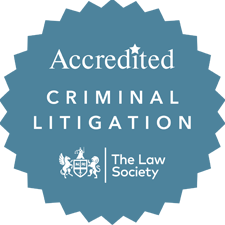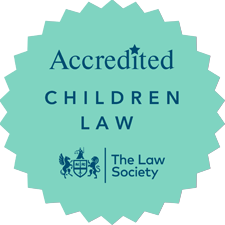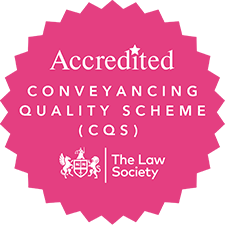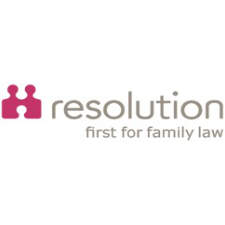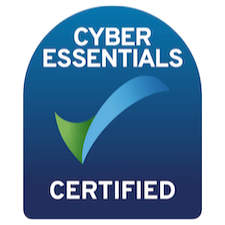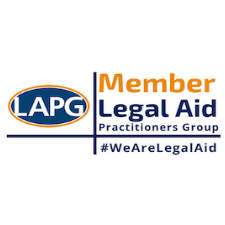From January 2018 the evidence test to qualify for Legal Aid in family cases for survivors of domestic abuse will be greatly relaxed.
The government has decided to scrap the five-year time limit for certain types of evidence and broaden the types of documents that will be accepted as evidence. The changes to the law regarding this issue were enacted by the government on Friday 8th December 2017, although they will not come into force until January 2018.
Legal Aid is usually only available to clients in private family cases (e.g. who a child should live with and when they should spend time with the other parent) if they are victims of domestic abuse, at risk of becoming victims of domestic abuse or if there is evidence of child abuse.
When the Legal Aid rules were initially changed in April 2013, restricting eligibility for Legal Aid to those who had suffered or were at risk of domestic abuse or cases of child abuse, there was a two year time limit, in that the evidence provided could not be more than two years old.
These rules were changed in February 2016, following a successful challenge by the campaign group Rights of Women, supported by the Law Society, which extended the time limit for the evidence to five years.
It is a great victory that the time limit for the evidence that must be submitted to qualify for Legal Aid will, from January 2018, be removed altogether. This will ensure that vulnerable women, men and children can receive legal advice, assistance and representation and the correct support to ensure they are properly listened to at Court.
The range of documents that will be accepted as evidence of domestic abuse is also to be widened and will include statements from domestic violence support organisations and housing support officers. Prior to the change in the law the evidence considered acceptable has been relatively narrow and limited to documents from social services, law enforcement agencies and medical professionals.
The regulations have also been widened to accept proof of abuse against previous partners in support of evidence that an applicant for Legal Aid is at risk of domestic violence and abuse. Hopefully the new regulations will make it easier for survivors of domestic abuse to provide the relevant evidence to the Legal Aid Agency in order to qualify for Legal Aid.
Under the old rules survivors of domestic abuse who had suffered this more than five years ago were not able to provide the relevant documentary evidence and, therefore, did not qualify for Legal Aid, however much this was required due to their continued vulnerability from the perpetrator.
There have been instances of a perpetrator not having any contact with a child for many years and then, out of the blue, making an application to see them. In such a case, due to the lack of recent evidence, the survivor of domestic abuse would not be able to access Legal Aid to provide support for them.
If you or anyone you know has been subjected to any form of domestic violence and abuse, and the perpetrator has applied to the Court for Order regarding the child(ren), do not hesitate to contact the Domestic Violence and Abuse Department (DVAD) at Emery Johnson Astills, either by phoning 0116 255 4855, or by emailing DVAD@johnsonastills.com in order that we can provide advice as to whether you may be eligible for Legal Aid.
A specially trained member of staff in the DVAD of Emery Johnson Astills will be able to provide advice as to what measures you can take to protect yourself and your child(ren).


